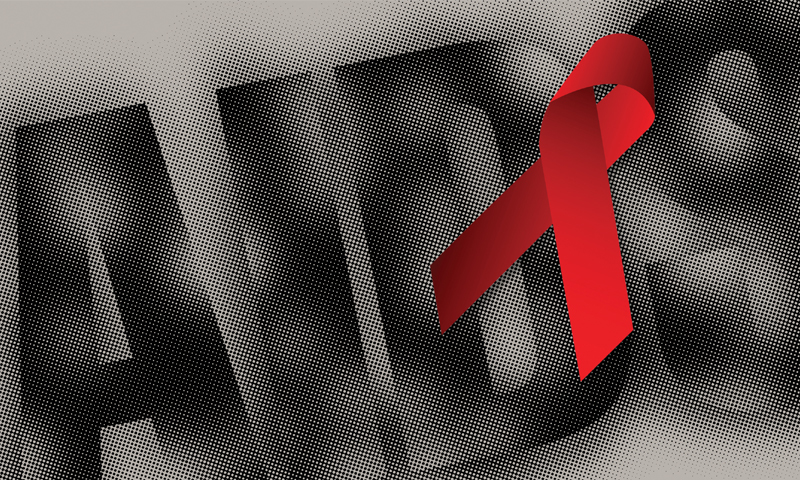Pakistan observes World AIDS Day

Naveed Babar Dar
Lahore: World AIDS Day was observed across Pakistan today under the theme “let communities lead” to support for the people affected by HIV (Human Immunodeficiency Virus) and those who lost their lives to it.
The government of Pakistan posted on this World’s AIDS Day to spread awareness on the increased access to treatment and prevention of HIV.
It also said to support the people in need and to end HIV related stigma helping to work towards as AIDS free future, under the banner “from awareness to action.”
Title: The State of AIDS in Pakistan: A Comprehensive Overview
Introduction:
Acquired Immunodeficiency Syndrome (AIDS) remains a significant public health challenge worldwide, including in Pakistan. The country has made strides in addressing the issue, but numerous challenges persist in the prevention, treatment, and awareness of HIV/AIDS. This article delves into the current state of AIDS in Pakistan, examining the key factors contributing to its prevalence, the efforts being made to combat it, and the road ahead.
Prevalence and Epidemiology:
According to the National AIDS Control Program (NACP) of Pakistan, the estimated number of people living with HIV (PLHIV) in the country stood at around 190,000 in 2020. The prevalence rate has remained relatively low compared to some other countries, but the risk factors and challenges associated with the epidemic are complex and multifaceted.
Key Risk Factors:
Several factors contribute to the spread of HIV/AIDS in Pakistan:
- Injecting Drug Use: The use of injected drugs remains a significant contributor to the transmission of HIV. Sharing needles and other drug paraphernalia among injecting drug users (IDUs) poses a high risk.
- Unsafe Sexual Practices: Unprotected sex, particularly among high-risk groups such as sex workers and their clients, increases the likelihood of HIV transmission.
- Lack of Awareness: Limited awareness about HIV transmission, prevention, and treatment options contributes to the ongoing spread of the virus.
- Stigma and Discrimination: The social stigma associated with HIV/AIDS often leads to discrimination against those affected, hindering efforts to raise awareness and encourage testing and treatment.
Government Initiatives:
The Government of Pakistan, through the NACP, has implemented various initiatives to address the HIV/AIDS epidemic. These include:
- Prevention Programs: The promotion of safe sex practices, distribution of condoms, and awareness campaigns targeted at high-risk populations.
- Testing and Counseling: Increasing access to HIV testing and counseling services to encourage early detection and treatment.
- Antiretroviral Therapy (ART): Providing free ART to those living with HIV to manage the disease and improve the quality of life.
- Capacity Building: Training healthcare professionals to effectively manage and treat HIV/AIDS cases.
Challenges and Future Directions:
Despite these efforts, several challenges persist:
- Stigma and Discrimination: Societal stigma remains a significant barrier to HIV prevention and treatment efforts. Addressing misconceptions and promoting understanding is crucial.
- Limited Awareness: Continued efforts are needed to raise awareness about HIV/AIDS, focusing on prevention, testing, and available treatment options.
- Resource Allocation: Adequate funding and resources must be allocated to sustain and expand existing programs, ensuring their effectiveness in the long term.
- High-Risk Populations: Tailoring interventions for high-risk groups, such as sex workers and IDUs, is essential for targeted and effective prevention strategies.
Conclusion:
While Pakistan has made progress in addressing the challenges posed by HIV/AIDS, there is still much work to be done. A multi-faceted approach that combines prevention, education, and destigmatization is necessary to curb the spread of the virus and support those living with HIV. The collaboration of government agencies, NGOs, healthcare professionals, and the community is vital to creating a comprehensive and sustainable response to the AIDS epidemic in Pakistan.





